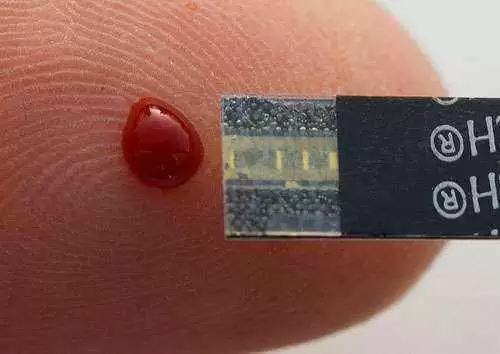
Celiac.com 08/13/2012 - Research has indicated that giving small amounts of wheat-rich food to people with celiac disease, who are on a gluten-free diet, will trigger interferon (IFN)-γ-secreting T cells in the bloodstream. These T cells react to gluten, and can be easily detected.
 However, very little is known about how this procedure might be reproduced in the same patient groups that underwent two, or more, gluten challenges. A team of researchers recently set out to assess the reproducability of this short wheat challenge method for detecting immune an response to gluten.
However, very little is known about how this procedure might be reproduced in the same patient groups that underwent two, or more, gluten challenges. A team of researchers recently set out to assess the reproducability of this short wheat challenge method for detecting immune an response to gluten.
Celiac.com Sponsor (A12):
The research team included A. Camarca, G. Radano, R. Di Mase, G. Terrone, F. Maurano, S. Auricchio, R. Troncone, L. Greco, C. Gianfrani. They are affiliated with the Institute of Food Sciences-CNR, Avellino Department of Paediatrics and European Laboratory for the Investigation of Food-Induced Diseases, University of Naples, Naples, Italy.
They evaluated fourteen celiac patients in remission who consumed wheat bread for 3 days, along with thirteen patients who underwent a second gluten challenge after 3-10 months on a strict gluten-free diet.
The team then analyzed the immune reactivity to gluten in peripheral blood by detecting IFN-γ both before and 6 days after patients began a a gluten-inclusive diet. They found that gliadin-specific IFN-γ-secreting CD4(+) T cells increased significantly by day 6 of the first challenge.
These cells arose as prevalently human leucocyte antigen (HLA)-DQ restricted and with a phenotype of gut homing, as suggested by the expression of β7-integrin. They also saw a reaction to gliadin after the second wheat consumption, although the responses varied by individual at each challenge.
The study showed that a short wheat challenge offers a non-invasive approach to investigate the gluten-related immune response in peripheral blood of people who are sensitive to gluten.
Moreover, the study showed that the procedure can be reproduced in the same subjects after a gluten wash-out of at least 3 months. The results of this study mean that we can likely expect this procedure to find its way into clinical practice in the future.
Source:
- Open Original Shared Link





Recommended Comments
There are no comments to display.